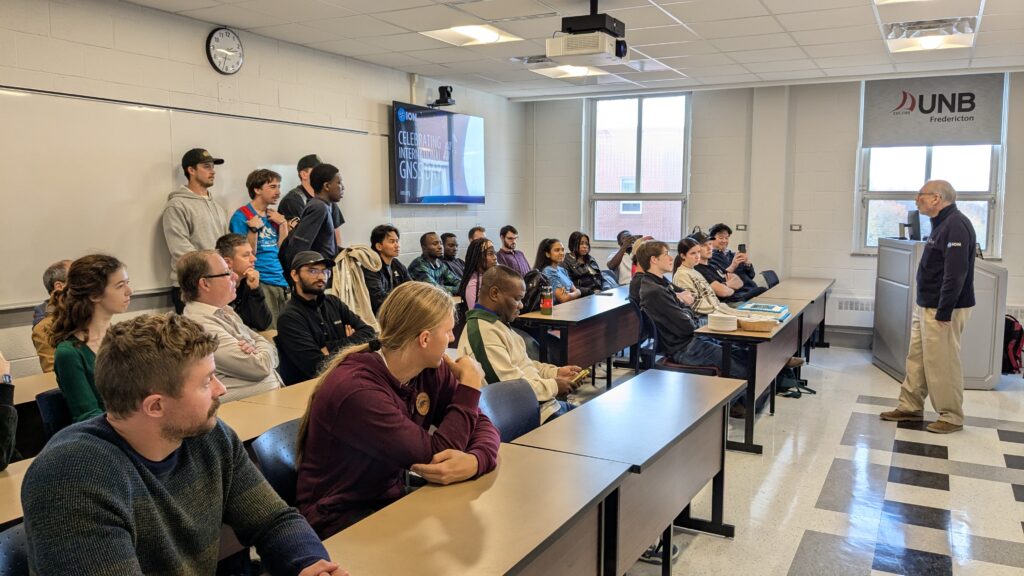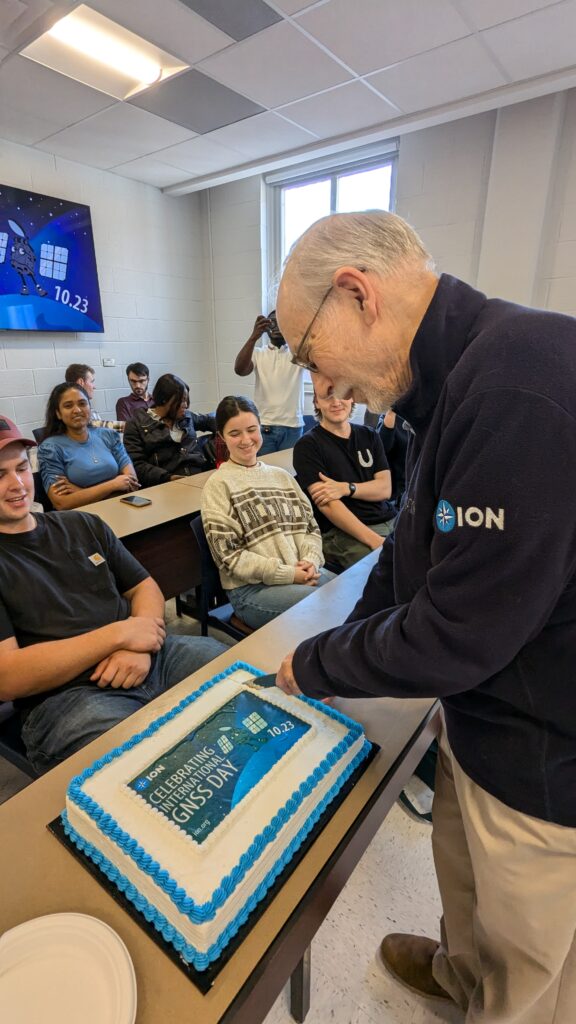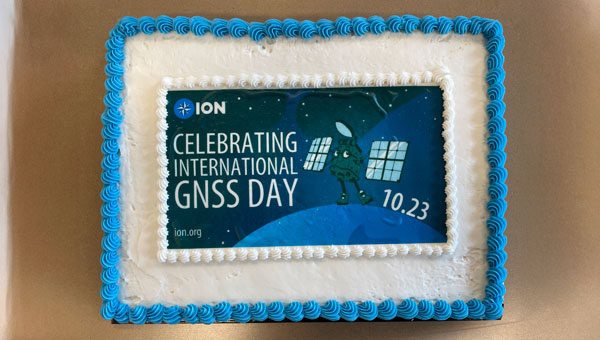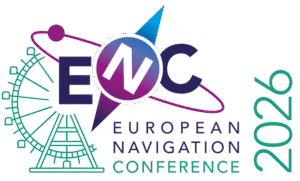No audio available for this content.
The University of New Brunswick (UNB) in Fredericton, Canada, celebrated International GNSS Day on Oct. 23, hosted by the Department of Geodesy and Geomatics Engineering, with a cake imprinted with the Institute of Navigation (ION) announcement graphic. More than 50 people from all over the university showed up for a slice of cake. There was plenty to go around!

This global event, initiated by ION, commemorates the profound impact of GNSS on our world.
“International GNSS Day, celebrated on Oct. 23, is a tribute to the foundational 10.23 MHz frequency that underpins all GPS and GNSS technology. This frequency, which serves as the cornerstone of the signals for over 100 navigation satellites today, marks the date as a special occasion for those involved in positioning, navigation and timing (PNT) technologies.”
Share how you celebrated International GNSS Day with us at GPS World!



